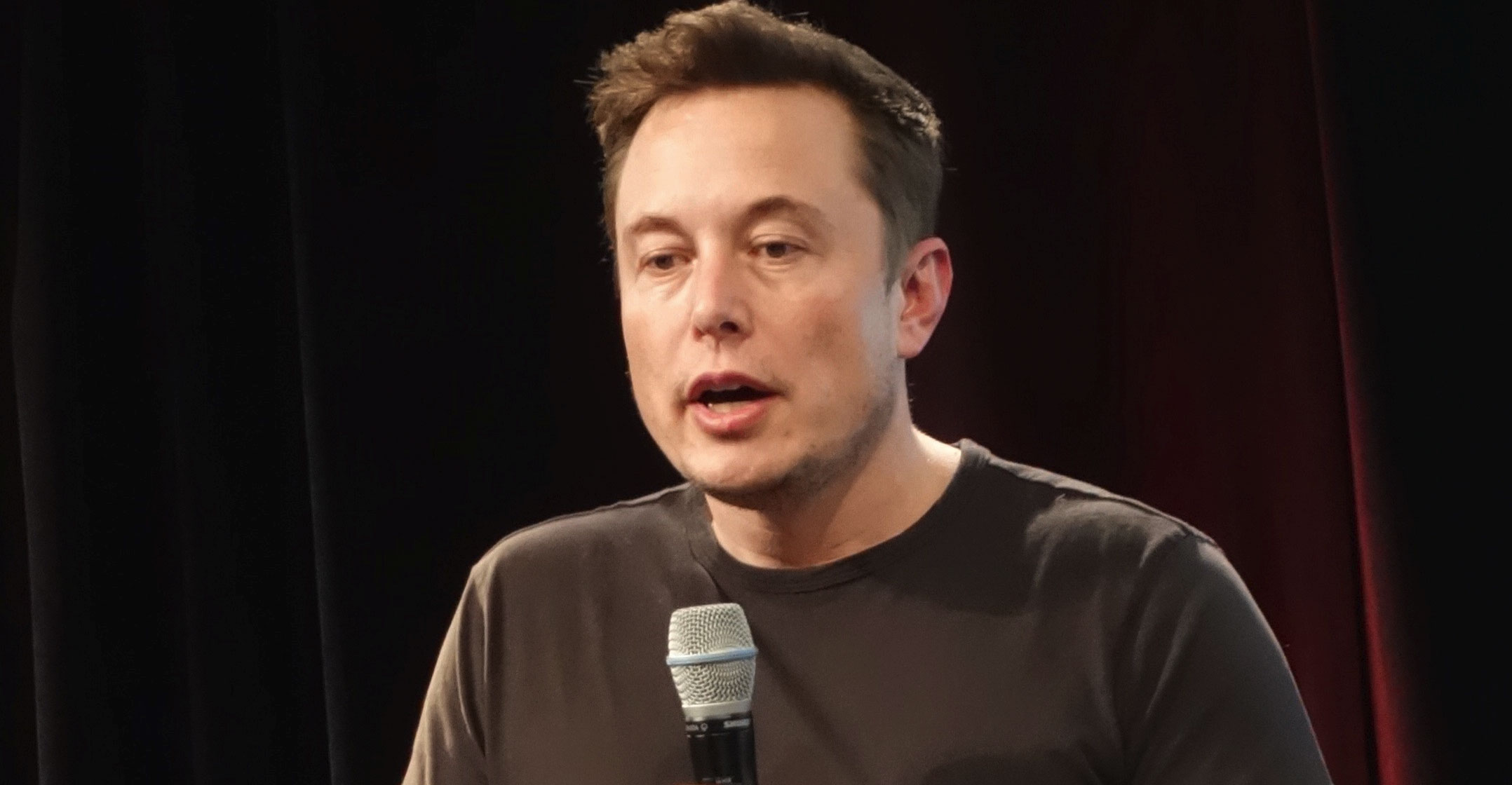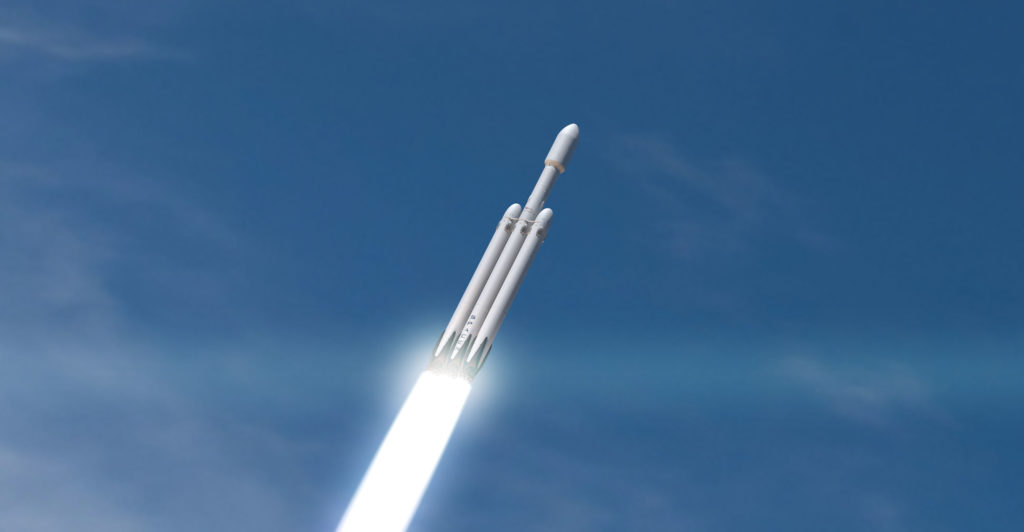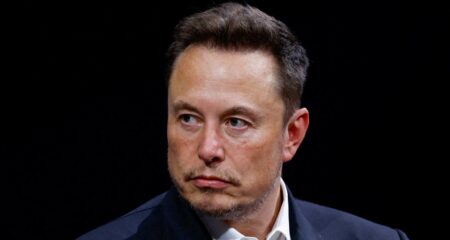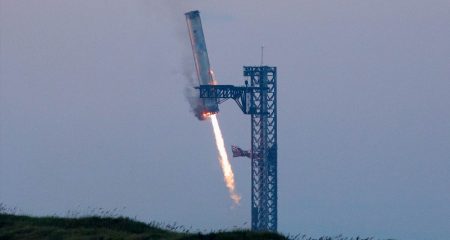
Elon Musk is a master storyteller. Production troubles at the Tesla plant? He’s building a submarine to rescue children from a Thai cave. The most-shorted stock on the market? He’s sending water filters to Flint, Michigan. Executive exodus? He’s drilling holes in the earth. Injuries at the Tesla factory? We’re living in a simulation.
Musk is never boring.
It’s hard to dismiss his wild ideas out of hand. He did build the mini-submarine after all — it just didn’t get put to use rescuing anyone. Surely, at least a few people in Flint will get their water filters installed. The mystique of Musk is predicated on one undeniable accomplishment: he built a company that literally does rocket science. After that, people will believe you can do anything you put your mind to.
This excerpt from Bloomberg Businessweek sums up the situation perfectly:
Mass-producing a car isn’t rocket science; in some ways, it’s harder. Rockets can essentially be built and checked by hand; a perfect car must come off the production line every minute or so if you have any prayer of keeping pace with the world’s leading manufacturers. Cars are composed of tens of thousands of individual parts and have to withstand snow, potholes and highway speeds, performing flawlessly for years. They are the largest purchase most people make besides a home, and they’re also heavily regulated lethal weapons that contribute to more than a million deaths each year.
The story depicts a company that’s challenged on multiple fronts: Tesla had to build a tent to keep production going; a workplace forklift accident left an employee with an amputated leg; one worker described on the record how new employees develop a “Tesla stare”.
“They come in vibrant, energised,” said Mikey Catura, a Tesla production associate. “And then a couple weeks go by, and you’ll see them walking out of the building just staring out into space like zombies.”
Another striking part of the story was Musk’s go-to rebuttal to these concerns. “I’m back to sleeping at the factory,” he tweeted in April. He told Businessweek: “I was wearing the same clothes for five days.” The story from Musk: he’s fighting alongside his workers; what more can we really ask of him?
It is deft positioning on Musk’s part, but it avoids the central issue. People look to the chief executive to make sure production is safe, on schedule and manageable. It’s a nice story that he’s working hard, but is he spending that time focused on the right things?
Musk’s charitable commitments in the last week seem more concerned with narrative than results. It’s exciting to build an unused submarine and get credit for good intentions, but wouldn’t it be more helpful to create a fund to support the actual rescuers? The same obsession he instilled at Tesla with making car seats and everything else in-house can come off as arrogant in the world of philanthropy. Musk is trying to organise a “barnstorming weekend” in Flint as local volunteers trudge through a fourth year of work on the ground with little funding.
Tesla’s financial backers seem to agree that Musk should focus on the basics of business, not the narrative. “We are very supportive, but we would like peace and execution at this stage,” the company’s fourth largest shareholder said on Wednesday in a Bloomberg Television interview. “It would be good to just concentrate on the core task.”
Hours later, Musk was back on Twitter. “Just between us, I have a teleportation stargate to the Andromeda galaxy,” he wrote. “It’s amazing.” — Reported by Eric Newcomer, (c) 2018 Bloomberg LP




